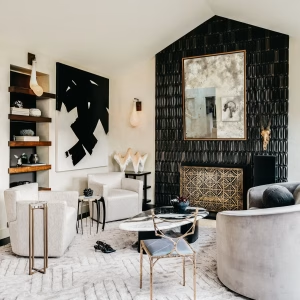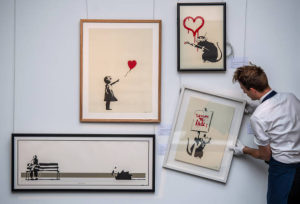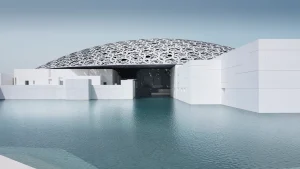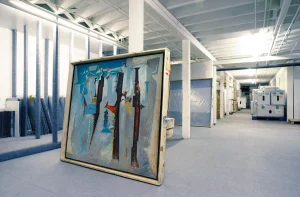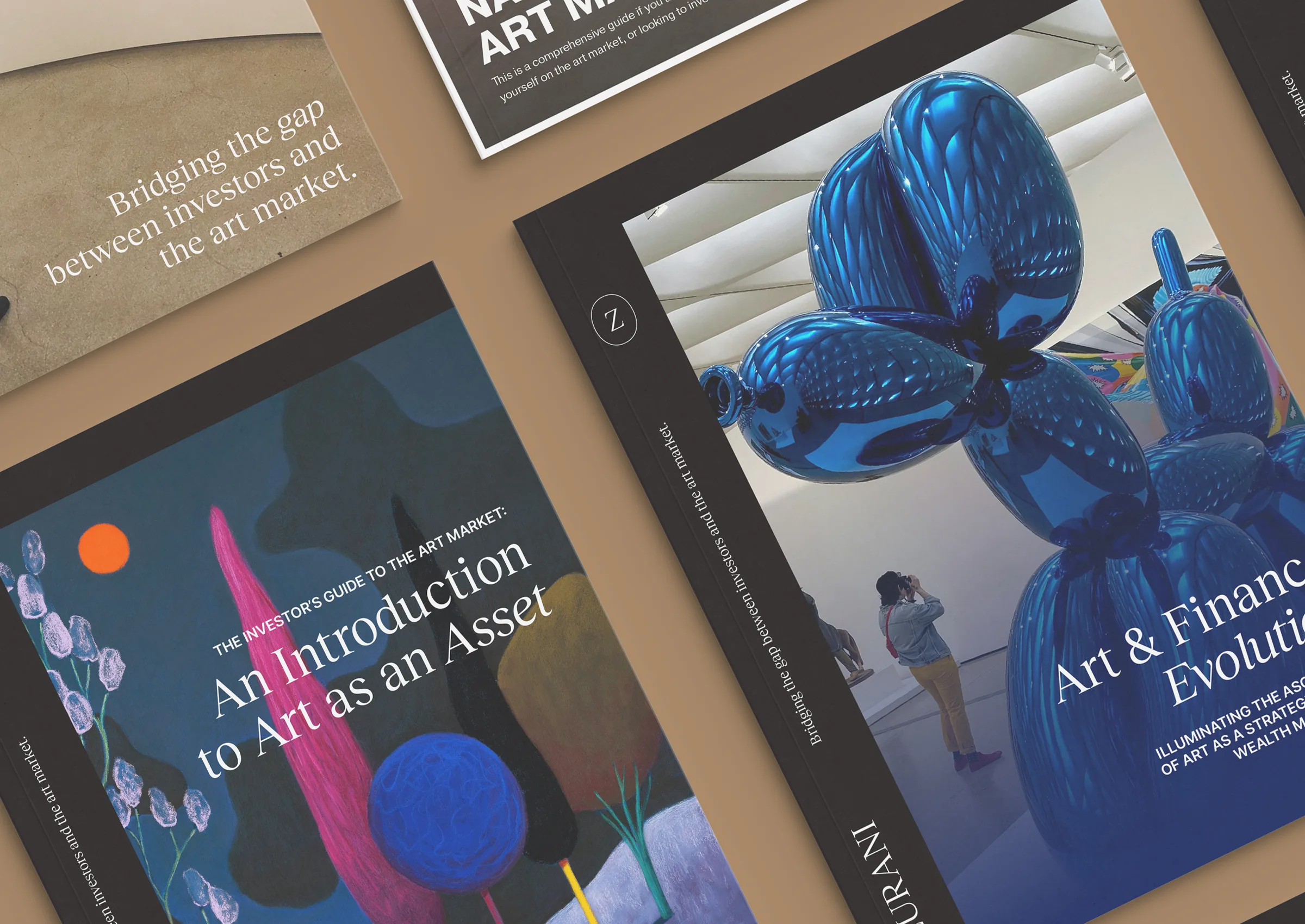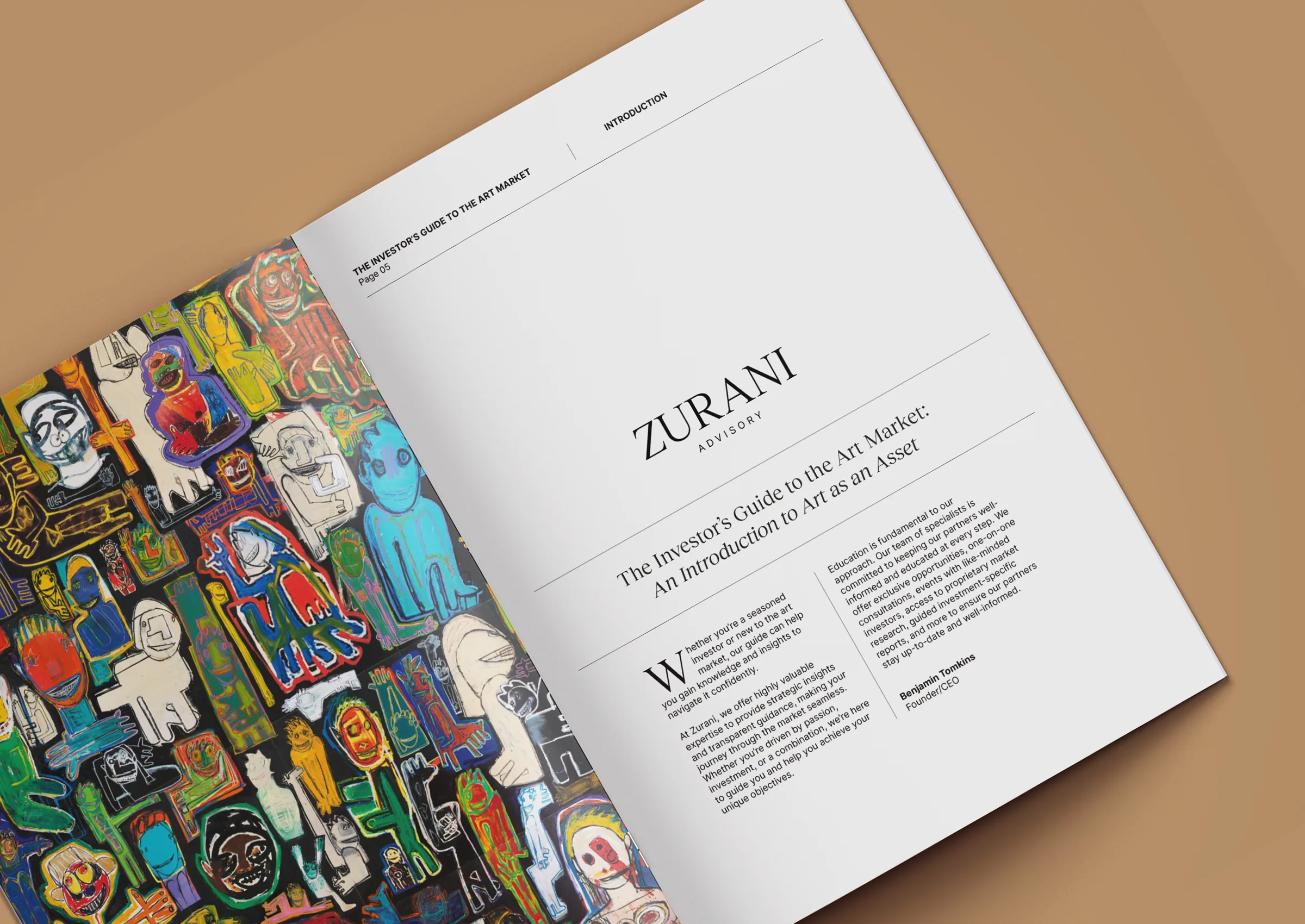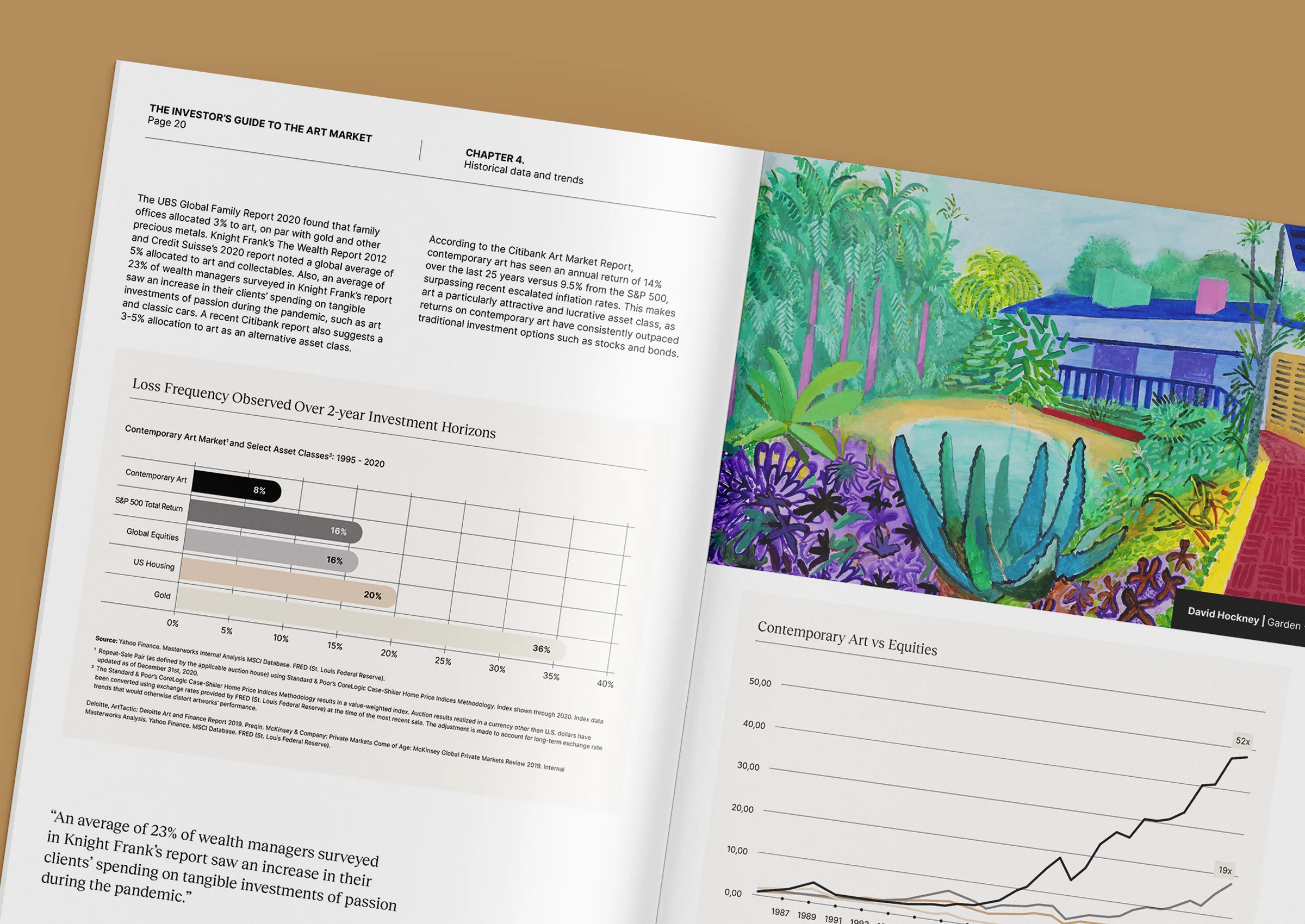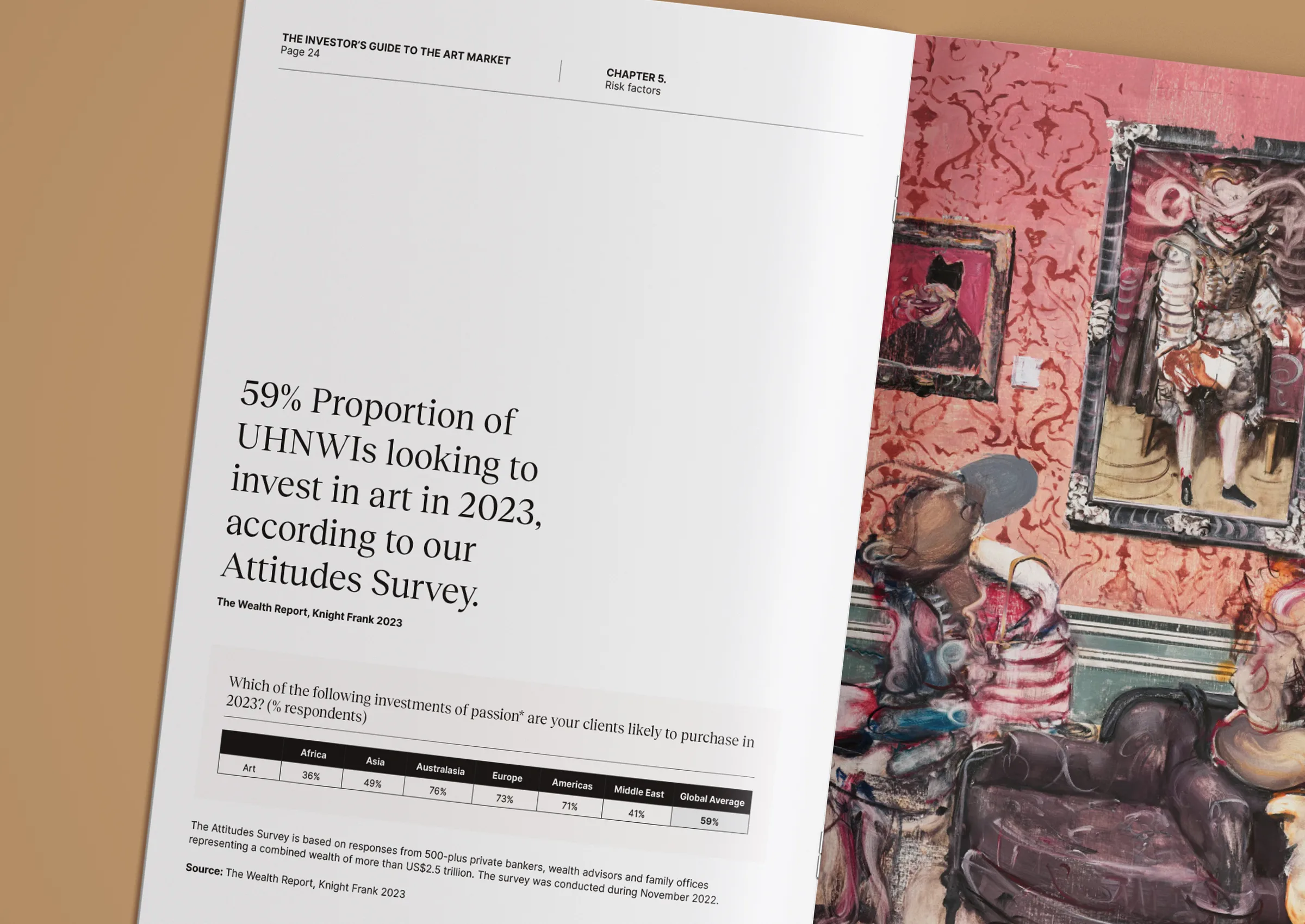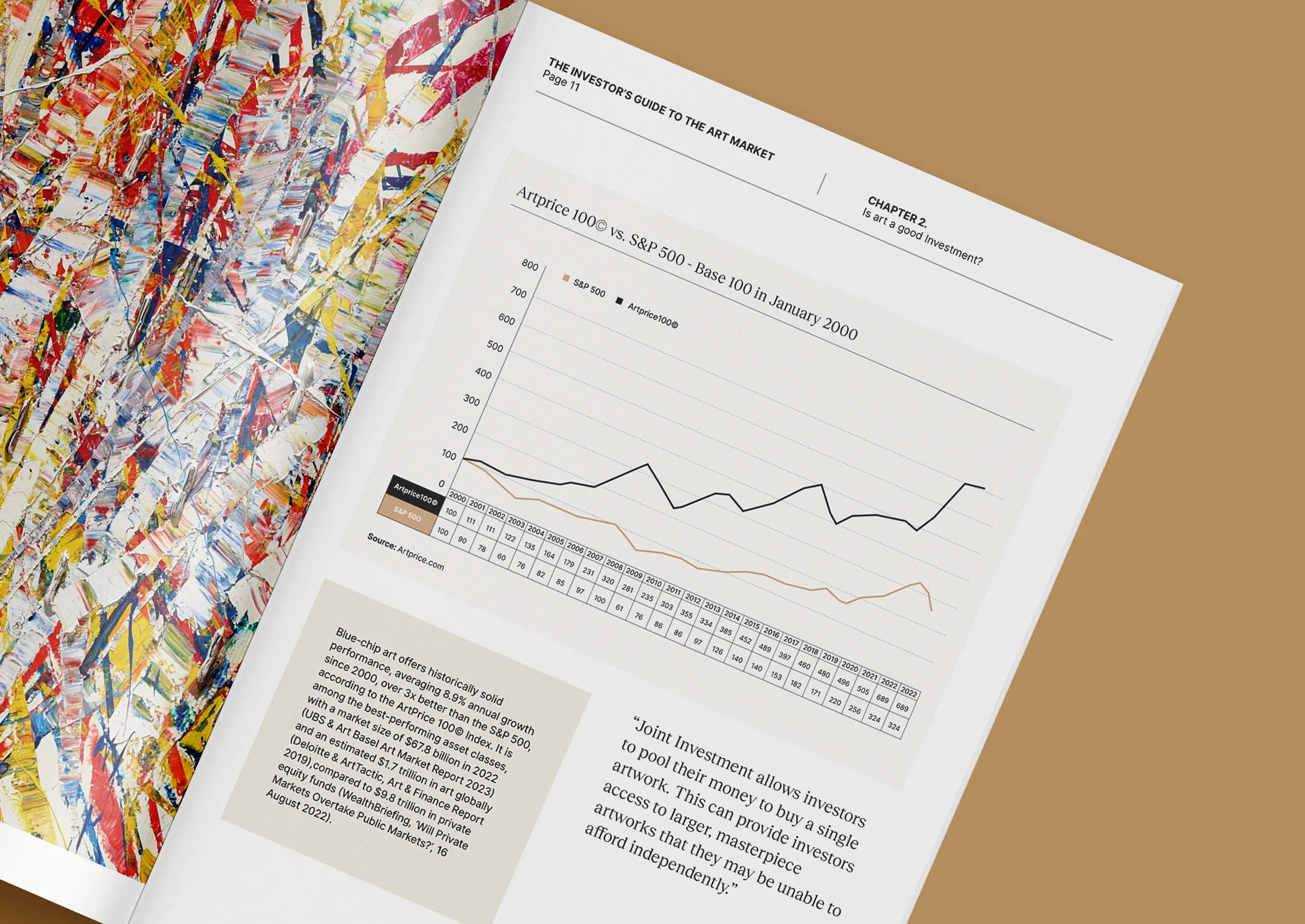The quiet precision of Ayesha Sultana
In a world of visual noise, Ayesha Sultana’s art offers something rare: restraint. Her graphite and oil works do not shout for attention. Instead, they invite stillness, repetition, and an intimate engagement with space, qualities that increasingly resonate with curators and collectors alike.
Sultana, who lives and works in Dhaka, is part of a growing cohort of South Asian artists reconfiguring global minimalism through a regional lens. Yet her practice defies simple labels. From delicate drawings to layered works on paper and panel, her pieces explore structure, sound, and silence with a kind of architectural quietude that is both deeply conceptual and visually serene.
For collectors in the Gulf and across Asia, where interiors often double as spaces of contemplation and cultural dialogue, her work offers more than aesthetic harmony. It brings narrative, nuance, and a sense of legacy.

A practice rooted in rhythm and space
Educated at the Beaconhouse National University in Lahore and later at the Skowhegan School of Painting & Sculpture in the US, Sultana’s work is shaped by movement between places, both geographic and conceptual.
Her surfaces often begin with graphite, applied repeatedly in rhythmic, almost meditative gestures. At times, she cuts and folds the paper, allowing the material to dictate the form. This interplay between control and chance has led many to draw comparisons with artists like Nasreen Mohamedi or Zarina, women whose work redefined abstraction through line and discipline.
But Sultana’s approach is distinctly her own. Her compositions, while pared down, often suggest underlying structures, such as architectural facades, musical notation, and city grids. The result is work that feels simultaneously intimate and expansive, well-suited to both private settings and institutional walls.
Regional presence, international recognition
Though grounded in Dhaka’s contemporary art scene, Sultana’s reach has steadily expanded. She has shown with Experimenter Gallery in Kolkata, long considered one of South Asia’s most respected contemporary spaces. Her work has also been featured at Frieze London, the Drawing Biennial in the UK, and the Dhaka Art Summit, an increasingly important platform for critical engagement and discovery in South Asian art.
In the Gulf, her minimalist sensibility aligns well with the region’s evolving curatorial preferences. Collectors in Doha, Abu Dhabi, and Jeddah are seeking works that combine visual subtlety with intellectual depth, and Sultana’s practice offers both. Her works sit comfortably within both major private interiors and emerging institutional collections, often enhancing architectural form rather than competing with it.
This has made her particularly appealing to collectors seeking art that seamlessly integrates with high-spec spaces while retaining long-term cultural relevance.

Why her work matters now
In many ways, Sultana represents a broader shift in the art world, a move away from spectacle and toward substance. Her work doesn’t rely on shock, scale, or signature motifs. Instead, it builds slowly, rewarding those who spend time with it.
For collectors focused on legacy, Sultana’s work offers a kind of timelessness that transcends trend. Her mastery of material, her rigorous discipline, and her connection to place give her practice real longevity, qualities that curators and conservators are beginning to recognise with increasing frequency.
And for those building collections that reflect both aesthetic cohesion and cultural substance, her work is becoming a natural inclusion.
To explore how artists like Ayesha Sultana can bring depth and resonance to your collection, speak to our team at +971 58 593 5523, email us at contact@zurani.com, or visit our website at www.zurani.com.

